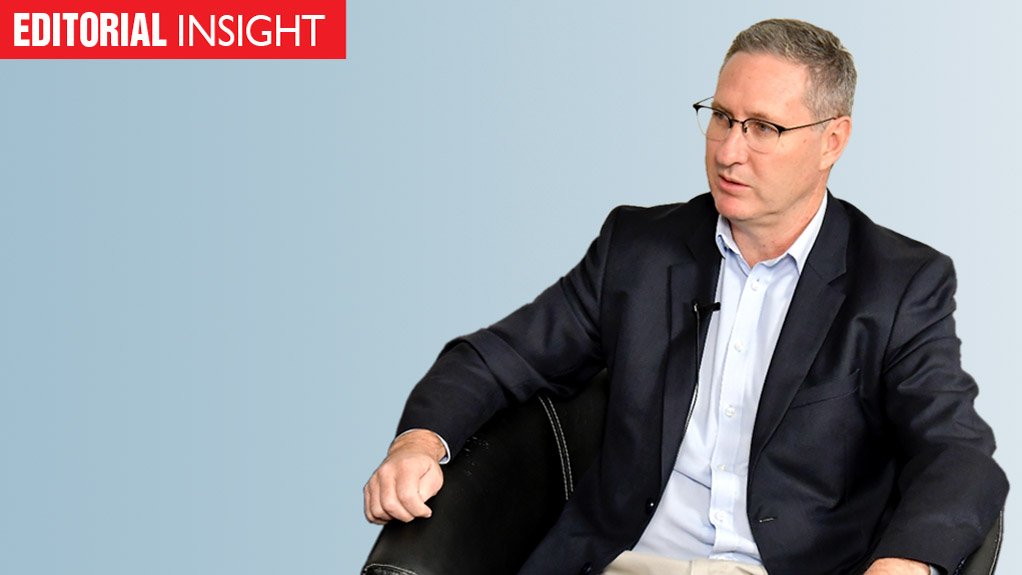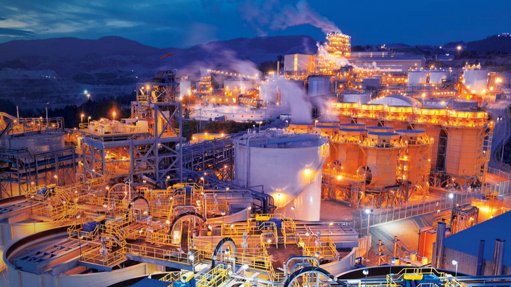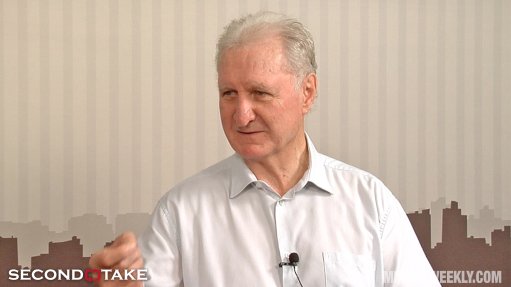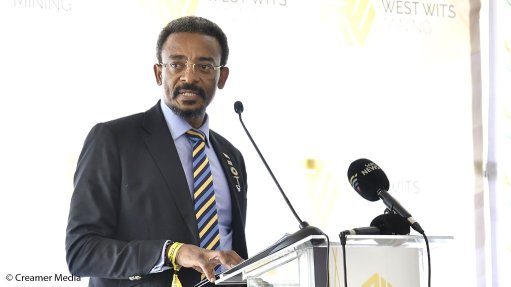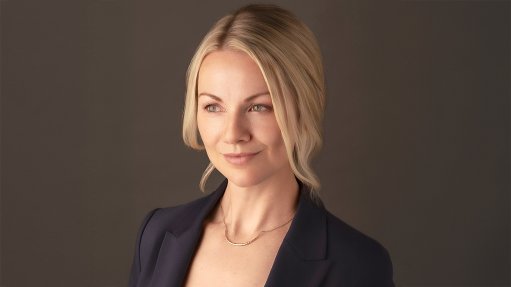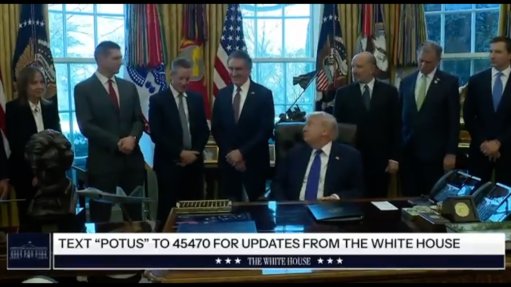End of the beginning
South Africans may be divided on many issues, but with respect to the fact that inadequate electricity supply represents the main risk to the country’s economy, there is undeniable unity.
Ongoing disagreement remains, however, on the solution. This in itself is flabbergasting for two reasons. Firstly, it is not a new threat to growth and investment, with the electricity constraint having contributed heavily to this country’s economic misfortunes for more than a decade. Secondly, a plan for addressing the problem has already been agreed at the highest level of government.
Once the Integrated Resource Plan 2019 (IRP 2019) was promulgated on October 18 (after more than five years of false starts), South Africa finally had precisely the “single, long-term, comprehensive” electricity plan that some businesspeople asked for at the recent Business Economic Indaba 2020.
Instead of calling for a new plan, their appeal to President Cyril Ramaphosa should simply have been to request that the IRP 2019 be implemented. To be fair, the delegates did also call for the plan to fall under the control of the President himself – understandable, given the seeming reluctance of Ramaphosa’s Mineral Resources and Energy Minister to carry out what is now a Cabinet-endorsed directive.
Given the depth of the crisis, it is simply astounding that there was a two-month delay in kick-starting a mere information-gathering exercise for an ‘emergency’ procurement programme to close what is at least a 3 000 MW supply deficit – one that will rise to 5 000 MW should Eskom begin strictly adhering to maintenance protocols across its coal fleet.
That information-gathering process should have started as soon as the IRP 2019 was published, as should have the renewables and gas-to-power procurement programmes. The steep fall in renewable-technology costs over the past decade means that adding new utility-scale solar and wind is a no-regret move, as such generators represent the cheapest way to produce new electricity and are also far cleaner and less thirsty than coal. Gas-to-power, meanwhile, is required in all scenarios modelled by energy planners, offering the perfect near-term complement to variable renewables.
At the same time, a temporary liberalisation of the distributed- generation market should have been announced to unlock pent-up supply across mines, farms, factories and even households. Such liberalisation should be temporary so as to ease the immediate pressure with no cost to the fiscus, while creating the flexibility to introduce a future framework aligned with the revenue needs of municipalities and Eskom.
To be sure, the publication of the IRP 2019 should not have represented the end of a process, but simply the end of the beginning. Perhaps it still can!
Article Enquiry
Email Article
Save Article
Feedback
To advertise email advertising@creamermedia.co.za or click here
Press Office
Announcements
What's On
Subscribe to improve your user experience...
Option 1 (equivalent of R125 a month):
Receive a weekly copy of Creamer Media's Engineering News & Mining Weekly magazine
(print copy for those in South Africa and e-magazine for those outside of South Africa)
Receive daily email newsletters
Access to full search results
Access archive of magazine back copies
Access to Projects in Progress
Access to ONE Research Report of your choice in PDF format
Option 2 (equivalent of R375 a month):
All benefits from Option 1
PLUS
Access to Creamer Media's Research Channel Africa for ALL Research Reports, in PDF format, on various industrial and mining sectors
including Electricity; Water; Energy Transition; Hydrogen; Roads, Rail and Ports; Coal; Gold; Platinum; Battery Metals; etc.
Already a subscriber?
Forgotten your password?
Receive weekly copy of Creamer Media's Engineering News & Mining Weekly magazine (print copy for those in South Africa and e-magazine for those outside of South Africa)
➕
Recieve daily email newsletters
➕
Access to full search results
➕
Access archive of magazine back copies
➕
Access to Projects in Progress
➕
Access to ONE Research Report of your choice in PDF format
RESEARCH CHANNEL AFRICA
R4500 (equivalent of R375 a month)
SUBSCRIBEAll benefits from Option 1
➕
Access to Creamer Media's Research Channel Africa for ALL Research Reports on various industrial and mining sectors, in PDF format, including on:
Electricity
➕
Water
➕
Energy Transition
➕
Hydrogen
➕
Roads, Rail and Ports
➕
Coal
➕
Gold
➕
Platinum
➕
Battery Metals
➕
etc.
Receive all benefits from Option 1 or Option 2 delivered to numerous people at your company
➕
Multiple User names and Passwords for simultaneous log-ins
➕
Intranet integration access to all in your organisation



